Energy bars, water, medication - the EU Commission wants citizens to have a 72-hour survival kit at home. Why? To be better prepared for possible crises such as natural disasters, industrial accidents or cyber and military attacks.
But this is only on an individual level. Politically, Europe is currently taking steps to become more independent and to arm itself on all fronts. Is it working?
Members of the European Parliament Zeljana Zovko (EPP) from Croatia, Sandro Gozi (Renew) from France and Evin Incir (S&D) from Sweden discussed this in this edition of our weekly talk show, this time from the EP in Strasbourg.
Friedrich Merz, Germany's next chancellor, said it bluntly on election night: his “absolute priority” would be to strengthen Europe as quickly as possible “in order to become truly independent from the USA”.
The openly hostile attitude of the Trump administration has abruptly accelerated discussions about strategic autonomy - an idea that French President Emmanuel Macron has had since 2017. No wonder Merz and Macron are already best friends.
From chip production to critical medicines, from securing supply chains to arming the military - Europe wants to stand on its own two feet in the face of Russian aggression, Chinese assertiveness and American protectionism.
The continent sees itself as the lone torchbearer of liberal democracy. A survivor of sorts. And Brussels has already asked its citizens to have a survival kit ready - for crises that may or may not come.
One focus of the strategy is to create stocks of essential products, especially medicines - something that should also be part of the emergency kit. Does Europe have the necessary supply chains?
Massive German spending on armaments and infrastructure, as well as Brussels' plans to mobilize more than 800 billion euros, will only become apparent over time. But will this change Europe's global role and its perception of the role it should play forever?
Second topic: trade. The global economy is struggling to come to terms with the latest volley of Donald Trump's tariffs - and it is businesses and consumers everywhere who are likely to end up footing the bill, one way or another.
The European Central Bank has once again warned of serious economic consequences, Goldman Sachs has upgraded the risk of recession in the US to 35% and stock markets around the world are experiencing one bad trading day after another.
So everything is at stake: inflation is rising, consumption is showing signs of weakness and consumer sentiment is falling. All of this is the result of Trump's tariff policy. How bad can it get?
Finally, the panel discussed arguments for and against the European Parliament retaining its two seats in Strasbourg and Brussels.

 14 hours ago
3
14 hours ago
3
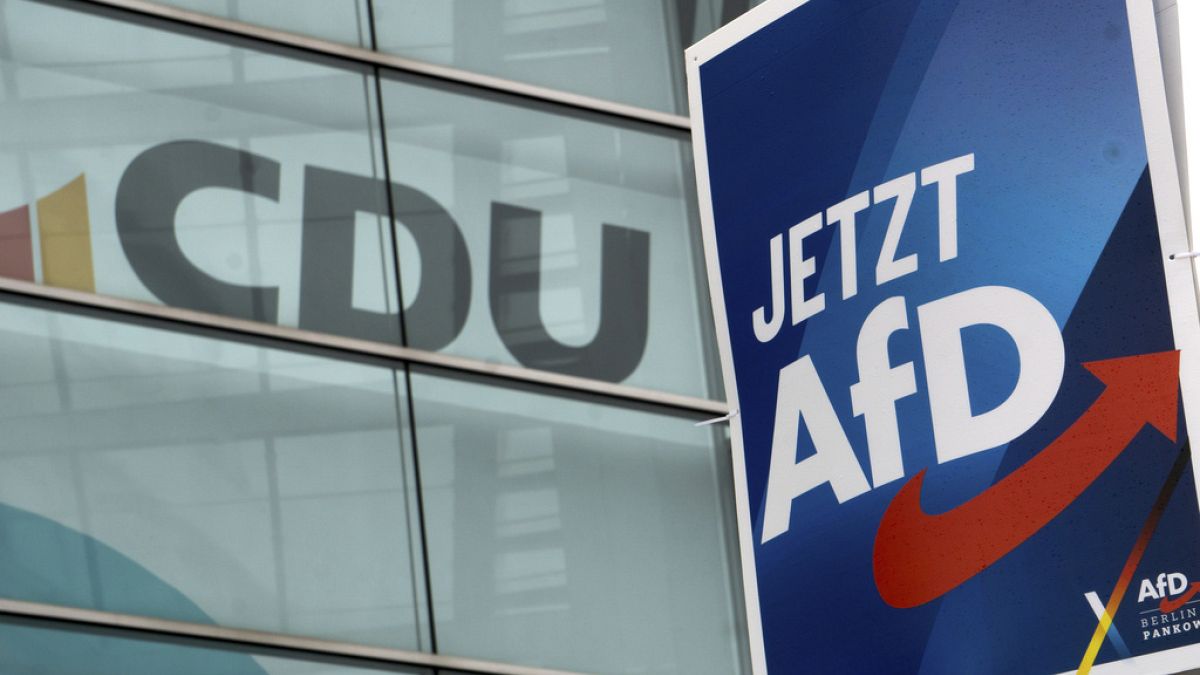
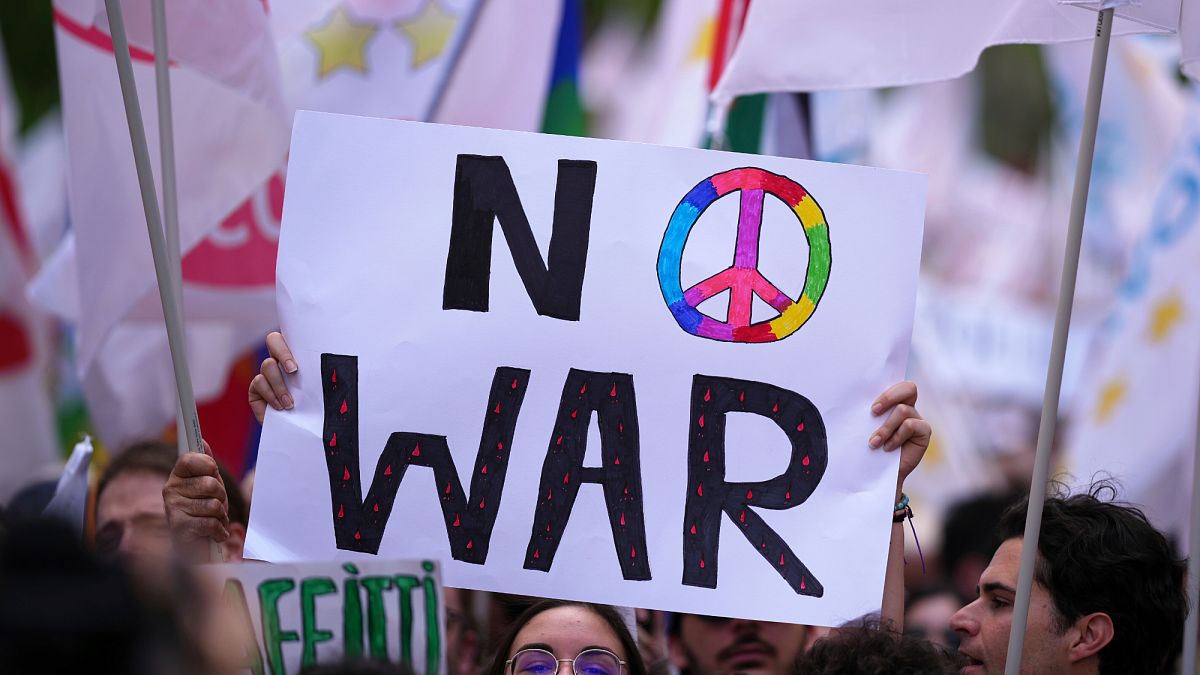
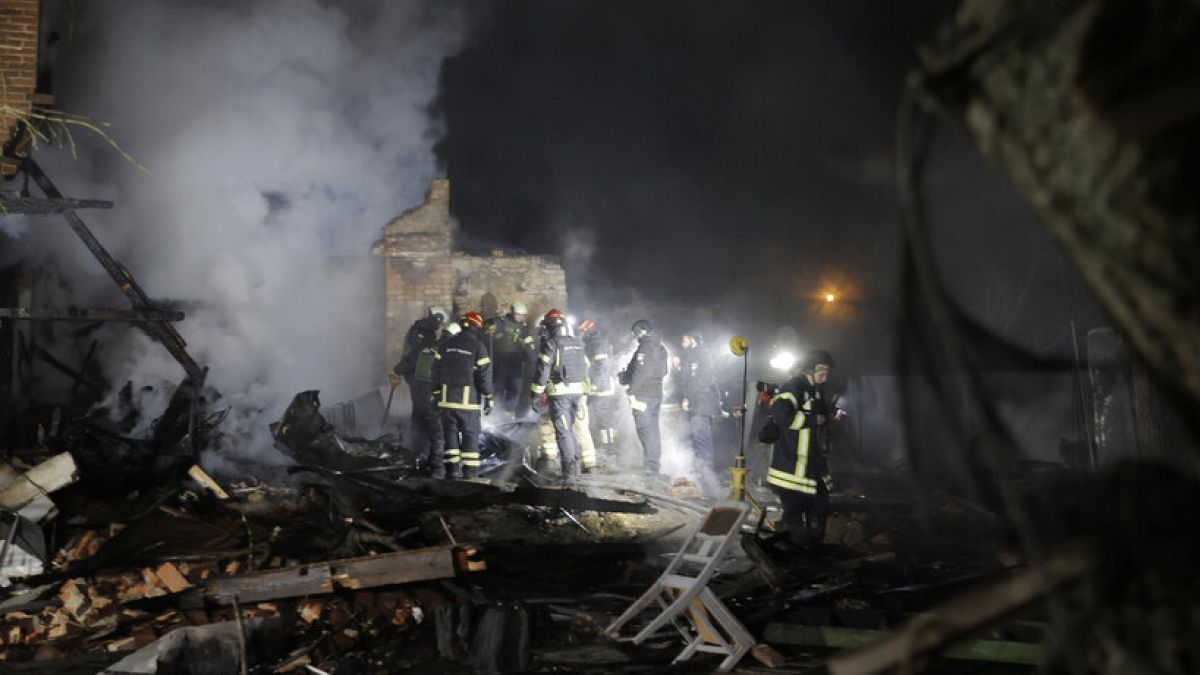
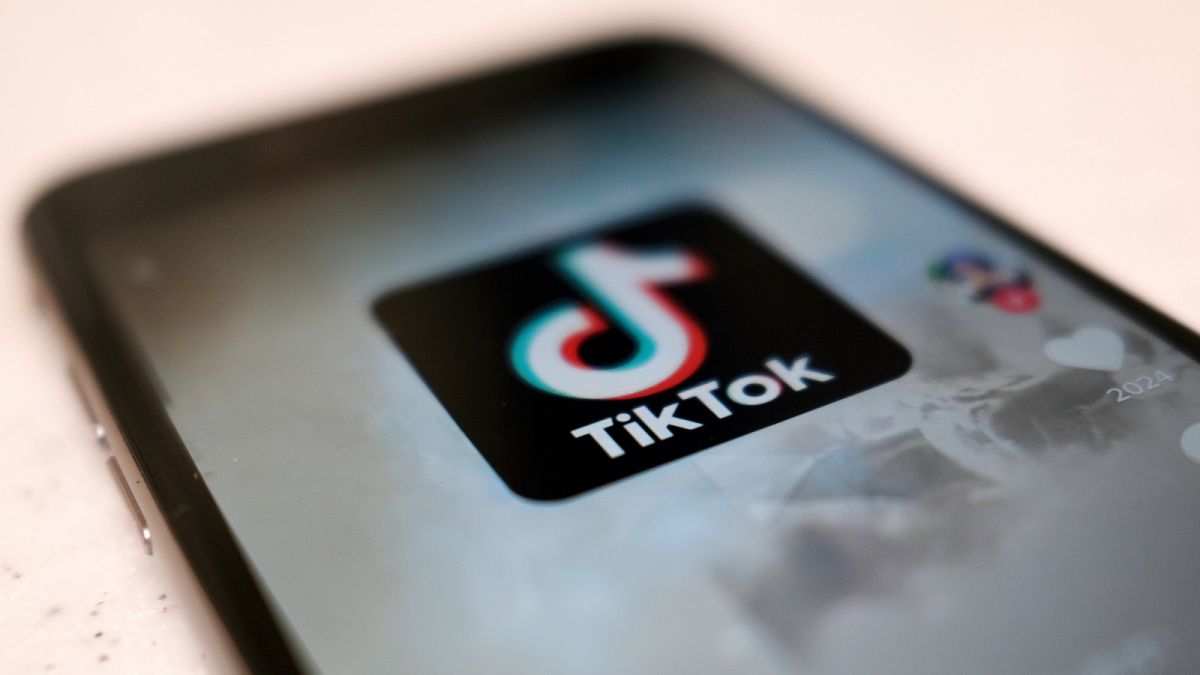
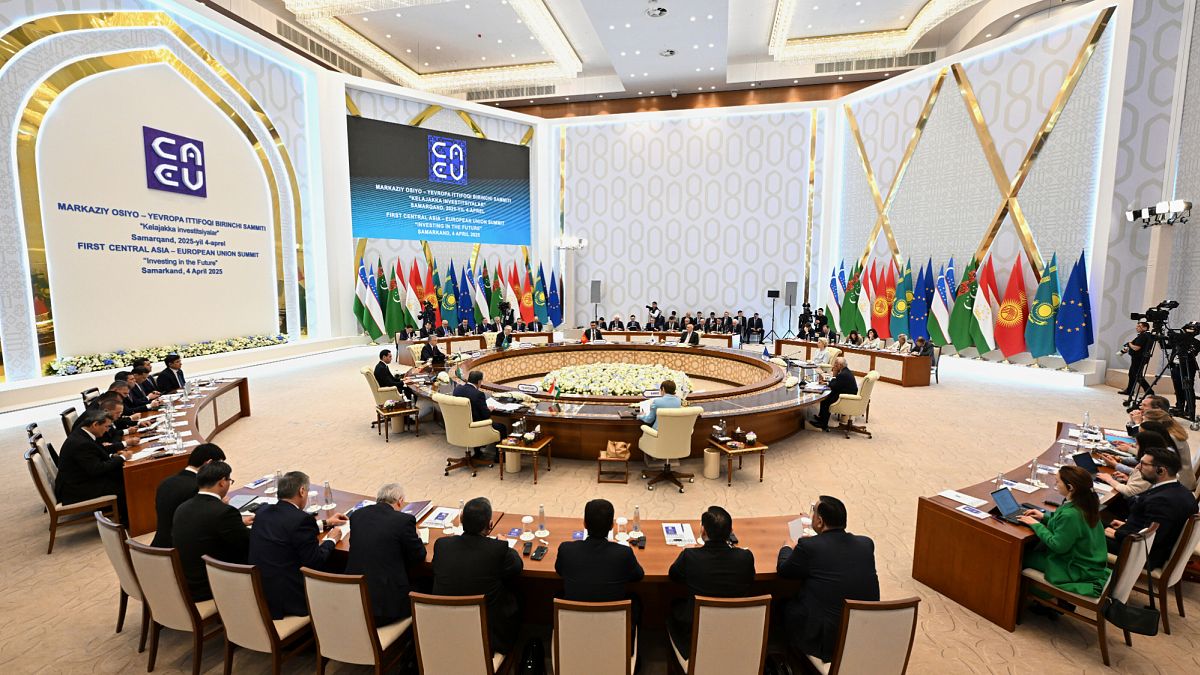
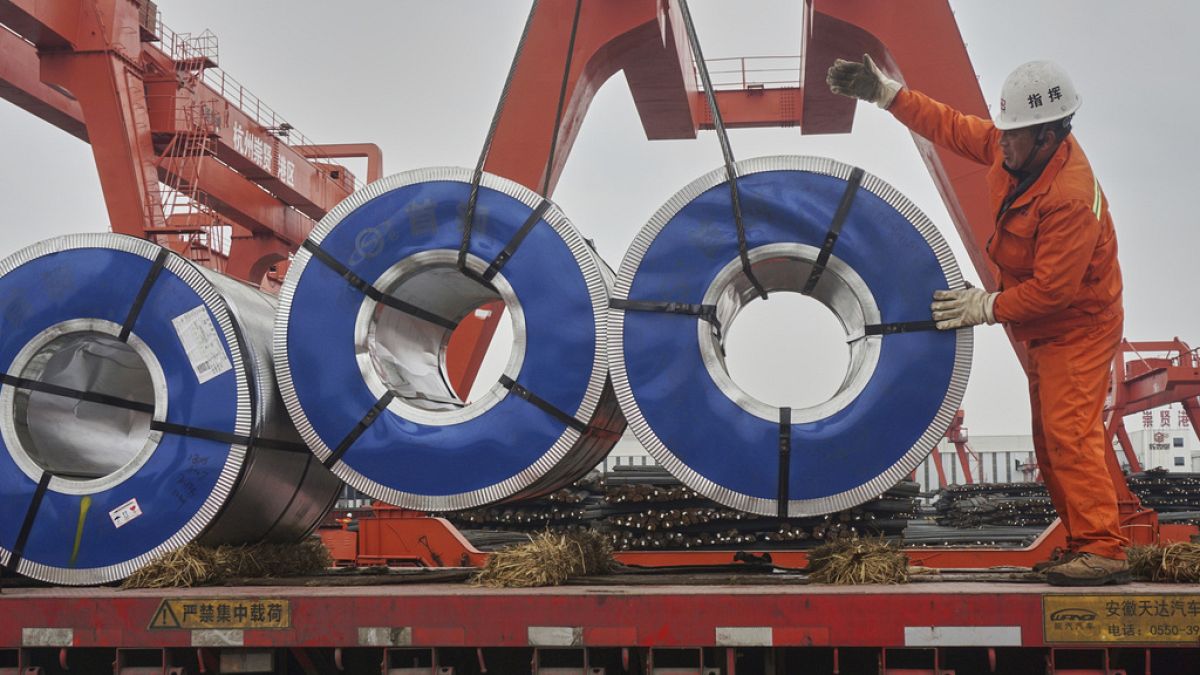
 We deliver critical software at unparalleled value and speed to help your business thrive
We deliver critical software at unparalleled value and speed to help your business thrive






 English (US) ·
English (US) ·